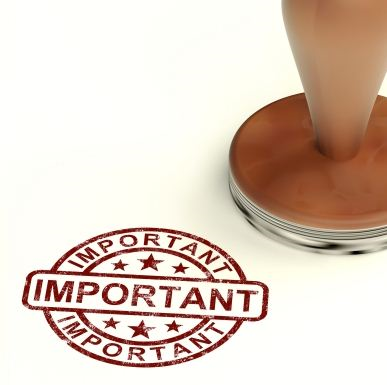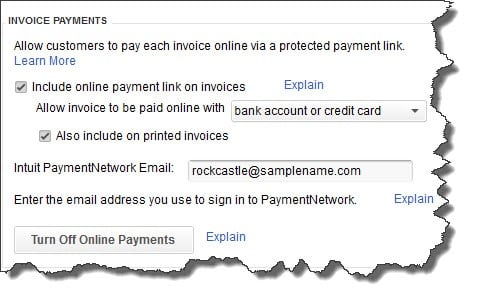Collecting Unpaid Invoices: Prioritize A/R Collection Calls (Part 2)
The first part of this blog series Collecting Unpaid Invoices (Part I) talked about the importance of prioritizing your collections calls and how to...

 Collection calls can take up a huge chunk of accounts receivable time. Between deciding who to call and what you need to say, collection calls are a huge occupier of time but they are an essential task to collecting on invoices. A customer is much more likely to respond and pay after a phone call than they are after an email. Creating a routine and plan for all of your collection calls is the best way to become more efficient at using your collection call time. Below, we've included five tips to help you perfect your collection calls.
Collection calls can take up a huge chunk of accounts receivable time. Between deciding who to call and what you need to say, collection calls are a huge occupier of time but they are an essential task to collecting on invoices. A customer is much more likely to respond and pay after a phone call than they are after an email. Creating a routine and plan for all of your collection calls is the best way to become more efficient at using your collection call time. Below, we've included five tips to help you perfect your collection calls.
1. Prepare
Every time you make a collection call to a customer, you need to prepare with what your end goal is. Whether that is to get the customer to make the full payment, resolve any invoice dispute issues or come up with a payment plan, that needs to be clear before the call is made. This will ensure that your call will be efficient, professional and productive. Here's what you should have in front of you before making the call:
2. Making the Initial Call
You will have already sent the invoice since you are now making a collection call, and possibly a reminder email. Since you have already made prior contact with the customer, you will want to cover certain point of information to ensure that you and the customer are on the same page.
3. Take Notes
Always keep a record of your conversations with customers. If you don't, you will spend a majority of your calls and preperation time simply trying to remember where you left off and who the customer is. This can often send a message to the customer that you don't care much about them or their payment. One way to make sure you keep up to date with all your collection call notes is to use an accounts receivable software with built-in note taking for individual customer accounts or a recording system that will transcribe your customer conversations.
4. Have Prepared Responses
One of the most common issues that you will deal with when making collection calls is excuses from customers. You should be prepared to hear this when you make the calls so that you can respond in a professional manner. One of the most common excuses is that they never received the invoice. If a customer uses this excuse, stay on the phone with them while you send another email with the invoice attached. Confirm with them that they received it. If there was an issue with the invoice, try to resolve it while you're on the phone with them so that you don't have to worry about getting a hold of them again.
5. Follow Up
Once you have completed the collection call with the customer, send them an email recapping the conversation, especially including any promises to pay. If they still don't pay after this initial collection call, be sure to call them again. Remind them of their promises to pay and the consquences of not paying on time, such as reporting to credit bureaus or possible legal action.
Staying prepared and focused with your collection calls can immediately make a difference in how well received they are by customers. Customers don't typically enjoy being late on their payments so giving them a call will usually spur them into action.
To get even more tips on how to become efficient at making collection calls, join us for a webinar on June 29th at 11 AM PT/2 PM ET covering Tips and Tricks for Increasing Collection Call Success. The webinar will include collection call scripts, tips for decreasing time spent on collection calls and how to automate the collection call process. Sign up for the webinar here.

The first part of this blog series Collecting Unpaid Invoices (Part I) talked about the importance of prioritizing your collections calls and how to...

As QuickBooks consultants, we work with small business owners who want to use technology to make their business more efficient and competitive. One...

Today’s CFO understands the crucial role of technology plays within their business. They rely on ERP software to capture financial transactions and...